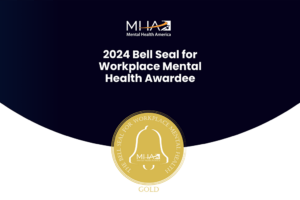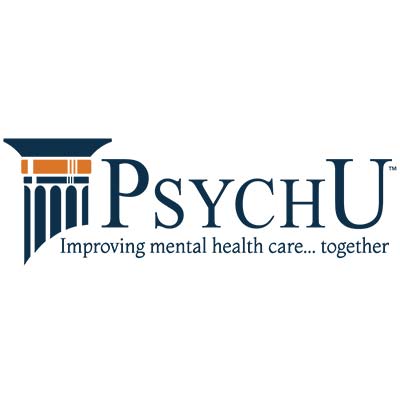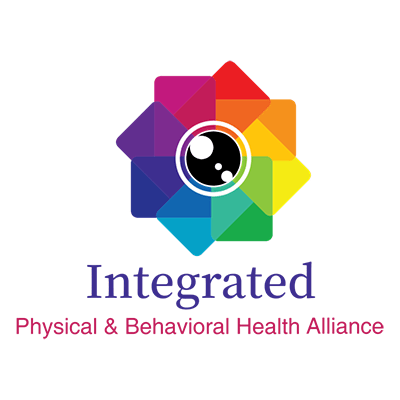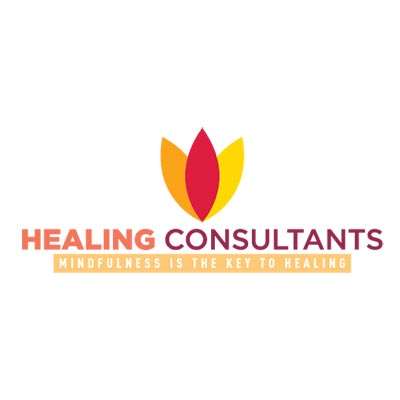Managing the Stress of Being a Healthcare Worker in Pandemic Times
By Dr. Liliane de Aguiar-Rocha, DBH, BCBA, CGI Alumni
 Work in healthcare is naturally stressful. We interact with people in distress all day long, but nothing as intense as what we have seen these past months with COVID-19. The healthcare system is overwhelmed and we have been advised to stay home to help flatten the curve. However, healthcare workers are essential workers and cannot stop. For those working in the front lines, burnout has reached a whole new level.
Work in healthcare is naturally stressful. We interact with people in distress all day long, but nothing as intense as what we have seen these past months with COVID-19. The healthcare system is overwhelmed and we have been advised to stay home to help flatten the curve. However, healthcare workers are essential workers and cannot stop. For those working in the front lines, burnout has reached a whole new level.
One thing to remember is that the heightened stress and anxiety that we are feeling now is a universal experience. Emotions are like the weather: some days are sunny, some days are cloudy, some times we have hurricanes and storms. You are not broken because you feel that this crisis has been hitting you hard. Through our evolutionary history, human beings are programmed to look for danger, so that the species can survive. Nowadays, the chances of running into a mountain lion that will have you for dinner are slim to none, so our brains look for danger on all the possibilities that our minds can create. Uncertainty is a big trigger for our minds to go into storm-preparedness mode.
Acceptance and commitment therapy or ACT (pronounced act, not A.C.T.) is a third wave cognitive behavioral therapy which has the aim of assisting the individual in developing psychological flexibility (Hayes & Smith, 2005). Psychological flexibility is the ability to change behavior, or persist with a particular behavior, which is guided by one’s values. In developing psychological flexibility, an individual exercises acceptance, i.e. the ability to embrace undesirable experiences, when they are connected to one’s values. The process which is opposite to acceptance is experiential avoidance, i.e. efforts to avoid experiences which may lead to undesirable feelings and thoughts. While acceptance leads to improved quality of life, reduction of stress and increase in resilience (Rudaz, Twohig, Ong, & Levin, 2017; Gerhart, O’Mahony, Abrams, Grosse, Greene, & Levy, 2016), experiential avoidance can lead an individual to engage in behaviors that are harmful to their well-being, such as over eating, drinking, drug abuse, etc.
So how can we “stay calm” during the tempest and navigate the wave of heightened stress this Pandemic brings? Here are a few suggestions based on the principles of Acceptance and Commitment Therapy:
- Pay attention to your thoughts. By learning to observe your thoughts, you will develop the ability to differentiate between the thoughts themselves and the experience to which they relate. Once you recognize patterns on your way of thinking, be playful. For example, when thoughts of insecurity and “impostor syndrome” arise, you may greet them and say “Ah, here is that story that I am not good enough again”. Simply by identifying that thought pattern you create a distance between yourself and the anxiety triggering thought.
- Stay in the present. The storm our minds is telling us to worry about is not in the present, it is in the future, and there are no assurances that future will come to pass. Connecting with your body is a great way to shift your attention towards the present moment. When undesirable feelings become too intense and start to interfere with the task in front of you, try this exercise:
- Look around the room and notice 5 things you can see.
- Notice 3 or 4 things you can hear.
- Notice what you can smell or taste or sense in your nose and mouth
- Notice what you are doing
- End the exercise by giving your full attention to the task or activity at hand.
- Engage in committed action. Search for what is important for you, the “Why”, that will point towards your values. Now engage in action that brings you closer to those values. A value is different from a goal. You can’t achieve a value the way we achieve goals. Values are “abstract nouns”, for example, service is a value for many healthcare workers. Being able to help is important to many of us. Committing to action that helps us embody our values can increase resilience and reduce stress (Rudaz, Twohig, Ong, & Levin, 2017; Gerhart, O’Mahony, Abrams, Grosse, Greene, & Levy, 2016).
FLOAT (Rocha & Curcio, 2020) is a little acronym to help you remember strategies to help you FLOAT the wave of worry:
F- Feel your body
L- Let it out (breathe)
O- Only so much you can control. Accept!
A- Act according to Values
T- Take it a day at a time
Here are a few resources to help you become manage the added stress of these times:
Coping with Corona Virus Related Anxiety Webinar
10 Percent Happier Corona Virus Sanity Guide
Headspace Meditation APP for Healthcare Workers
Online Mindfulness Class for Kids
References
Gerhart, J., O’Mahony, S., Abrams, I., Grosse, J., Greene, M., & Levy, M. (2016). A pilot test of a mindfulness-based communication training to enhance resilience in palliative care professionals. Journal of Contextual Behavioral Science, 5, 89-96. http://dx.doi.org/10.1016/j.
Hayes, S. C. & Smith, S. (2005). Get out of your mind and into your life: the new acceptance and commitment therapy. Oakland, CA: New Harbinger Publications, Inc.
Rocha, L. & Curcio, A. (March 20th, 2020). Parou tudo. E agora? Estratégias para o sucesso durante uma crise global. Facebook Live Event. https://www.facebook.com/ajax/
Rudaz, M., Twohig, M. P., Ong, C. W. Levin, M. E. (2017). Mindfulness and acceptance-based trainings for fostering self-care and reducing stress in mental health professionals: A systematic review. Journal of Contextual Behavioral Science, 6, 380–390. http://dx.doi.org/10.1016/j.





























